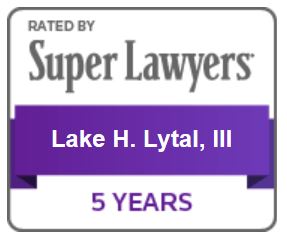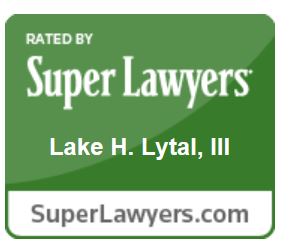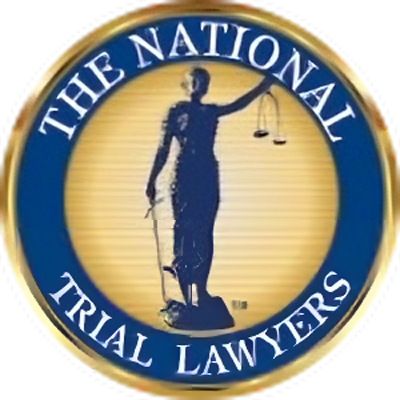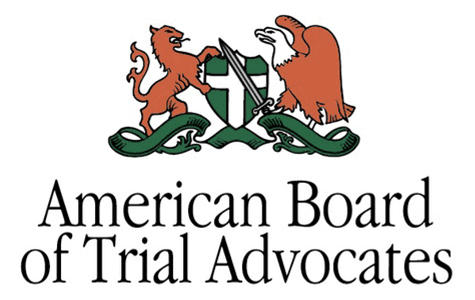When someone suffers a severe traumatic brain injury (TBI), they can lose their ability to control their behavior, talk, and walk, and might even suffer from neurological problems caused by their injury.
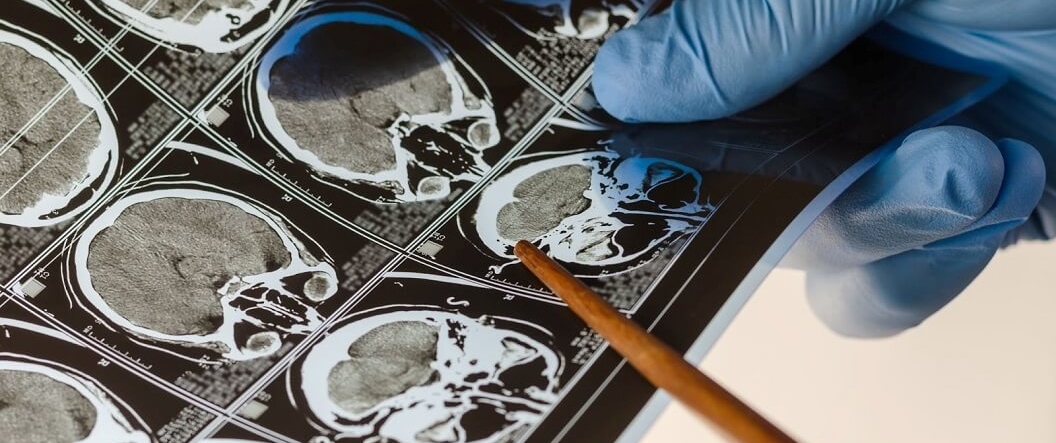
The law firm of Lytal, Reiter, Smith, Ivey & Fronrath may be able to help if you or someone you love suffered a TBI when someone’s negligence or recklessness injured them. Every Port St Lucie brain injury lawyer on our staff has extensive experience and is committed to doing everything possible to help TBI victims obtain full and fair compensation.
You can schedule a free consultation with our Port St Lucie personal injury lawyers by giving us a call at (561) 655-1990 or using our online contact form.
What to do after a traumatic brain injury accident (TBI)?
If you have a “mild” or even “moderate” TBI, there’s a good chance that you’ll eventually fully recover and have little to no lingering effects from your injury. However, in order to ensure you’re on the path to full recovery, you need to seek prompt medical attention and adhere to all recommendations and orders made by your doctor.
They’ll likely tell you to rest and avoid physical and mental exertion, and you should avoid engaging in any sports or activities that might lead to another head injury.
If your doctor clears you to return to your normal routine, ease into it, even if the tasks seem small and simple. If at any time any of your symptoms return, seek immediate medical care and seek additional treatment throughout your recovery to ensure that you are recovering correctly.
Prompt and ongoing medical care, as well as heeding doctor’s orders, will be critical to your recovery. Failure to follow your doctor’s advice could cause more problems and might even delay recovery indefinitely.
What are the causes and symptoms of a traumatic brain injury?
Any blow to the head can result in a TBI. Common causes are car wrecks, slip-and-fall accidents, physical assault, falling items, sports injuries, and a number of other reasons–any of these can cause a mild, moderate, or severe TBI.
Common primary or initial symptoms of a TBI include:
- Loss, decrease, or ins-and-outs of consciousness
- Dizziness, nausea, or vomiting
- General fatigue
- Memory loss, including events before or after the injury
- Different neurological impacts, such as changes in vision, speech, muscle weakness
- Altered mental states include difficulty concentrating, slow thinking, disorientation
- Migraines or headaches that won’t go away or that worsen
- Seizures or convulsions
Symptoms experienced with a mild or moderate TBI might be less severe and might not last as long as one that’s severe because a serious TBI can result in irreparable nerve and tissue damage that can affect motor skills, basic bodily functions such as breathing unassisted, and in some instances can be fatal.
When should you file a claim?
Florida law allows you four years to file a claim for injuries that resulted from someone’s negligent or reckless actions. Although four years sounds like a long time, the longer you wait to seek medical attention and speak to a lawyer, the weaker your case becomes.

It would help if you talked to a Port St Lucie traumatic brain injury lawyer as soon as you can after seeking emergency medical treatment so that they can launch an in-depth investigation into the events that led to your injury. The sooner they start that investigation, the more likely they are to obtain vital evidence before it’s discarded, and witnesses might be able to provide a better account of what happened.
Without physical evidence, witness statements, and medical support to prove your damages, you won’t obtain full and fair compensation.
What potential damages can be claimed?
It’s somewhat callous even to suggest that any amount of money can make up for the suffering associated with a TBI, but taking action through a personal injury lawsuit can help you find a measure of justice. In a valid personal injury claim, you may be entitled to what’s called “damages,” which are the financial losses you incurred as a result of your injury.
However, you can only recover those that you can prove with supporting documentation and testimony such as testimony by you, witnesses of the accident, your medical providers, and various expert witnesses. The two main categories of damages are economic and non-economic.
Economic damages
Economic damages are direct monetary losses caused by the accident, including costs already incurred and expended and those within the following categories (and others) that are expected to be incurred in the future.
Medical expenses
Medical expenses are the most common form of economic damage because a TBI, regardless of the severity, will require immediate and follow-up medical treatment. These damages include short- and long-term medical treatment, which may include:
- Emergency room treatment
- Follow-up care
- Surgery
- Medications
- Rehabilitation or therapy
- Psychiatric care
- Mobility aids

Lost wages
Even if it’s likely that you’ll fully recover from your TBI, it might still take some time, and you might be unable to work while you recover, especially if you require surgery or frequent therapy. You’re entitled to receive compensation for the wages you lost when you missed work following your accident in addition to work benefits you might’ve lost, such as accrued vacation and sick time, and possibly others.
If your TBI prevents you from returning to your job and you must now take a lower-paying job, or if you’re now unable to work at all, you can recover the loss associated with your lost or decreased earnings potential for the remainder of your working life, including raises, bonuses, benefits or other income that you would’ve otherwise earned.
Non-economic damages
While economic damages are tangible, non-economic damages, referred to as “pain and suffering,” are more abstract and subjective. They aren’t easily quantifiable and require expert evaluations and testimony and a skilled Port St. Lucie brain injury lawyer with Lytal, Reiter, Smith, Ivey & Fronrath to determine and prove that you’re entitled to every dime you’re asking for.
Although many things can be included in non-economic damages, the most common forms of pain and suffering are emotional or psychological distress and a diminished quality of life.
Emotional and psychological distress
Living with a TBI can be extremely frustrating and may result in substantial behavioral changes. You might also have psychological trauma as a result of the accident, which is very difficult to deal with and causes you mental and emotional suffering. This distress is valid and is recoverable as part of your personal injury claim.
Diminished quality of life
A TBI can result in permanent disability or disfigurement, it can drastically alter the way you’re able to live your life, and it can impact the way you view yourself, which may result in profound depression and anxiety.
With the long-term consequences of a TBI, you might never again be able to do the things and activities you once loved–you might even never be able to live 100% independently. This diminished quality of life and the overall impact of your TBI that isn’t quantified in medical bills and expenses is legitimate damage you’ve suffered and can be recovered from the at-fault party.
How do you deal with insurance after a traumatic brain injury?
The last thing anyone with a TBI needs to deal with while trying to recover from their injury is being harassed by the at-fault party’s insurance company, who will try to take advantage of your vulnerable state by tricking you into admitting fault or that your injuries aren’t serious. Don’t speak to the insurer alone–only speak to them with your Port St Lucie brain injury lawyer because they won’t be able to engage in their games and tactics with your legal counsel there are at your defense.
What’s the cost of hiring a Port St. Lucie brain injury lawyer?
The costs of a TBI are significant, but the costs of pursuing a claim with the assistance of Lytal, Reiter, Smith, Ivey & Fronrath aren’t. We offer all potential clients a free consultation, and if we’re able to take your case, you won’t pay any lawyer’s fees upfront or directly out of your pocket. We only get paid if you win your case.
Resources for Brain Injury Survivors in Florida
At Lytal, Reiter, Smith, Ivey & Fronrath, we understand the grave effects of a TBI and have great compassion for those who’ve suffered as a result of one and for their families who’ve also had to endure that trauma. We’ve compiled a list of important resources throughout Florida for victims and their families. Here are some other resources that might be of help.
Support groups
The Brain Injury Peer Visitor Association helps victims of TBI and other injuries or conditions that affect the brain. This organization is aided by volunteers who help victims navigate the complex and often frustrating recovery process.
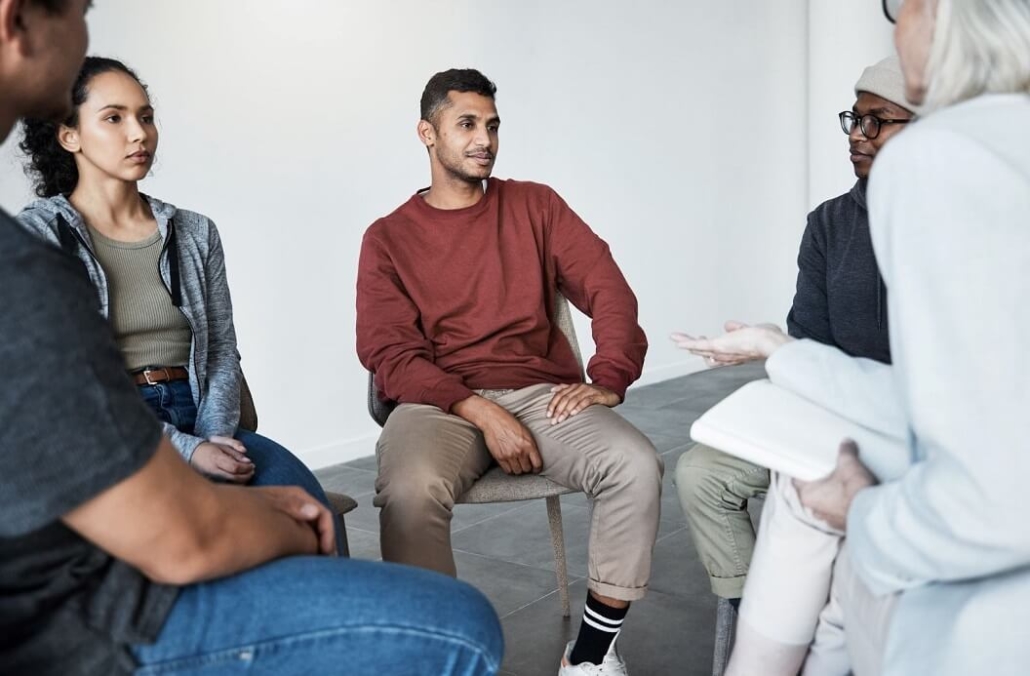
Civil rights protection and advocacy
The below groups can help TBI victims in many different ways, such as providing them with the technology and services needed to cope with their disability.
Family Network on Disabilities
Florida Center for Inclusive Communities
Florida’s Voice on Developmental Disabilities.
Independent living centers
TBI victims who want to be as independent as possible often turn to independent living centers that offer rehabilitation services, vocational training, and more.
Parent Support Network
The Parent Support Network (PSN) works with the parents of young TBI victims throughout Northeast and Central Florida to give parents the skills they need to help their children live the highest-quality lives they can.
How our Port St. Lucie brain injury lawyers can help
If you would like to learn more about how a Florida traumatic brain injury attorney with Lytal, Reiter, Smith, lvey & Fronrath can help you with a personal injury claim, don’t wait to schedule your free consultation. Contact us online or call us at (561) 655-1990. We look forward to helping you.



